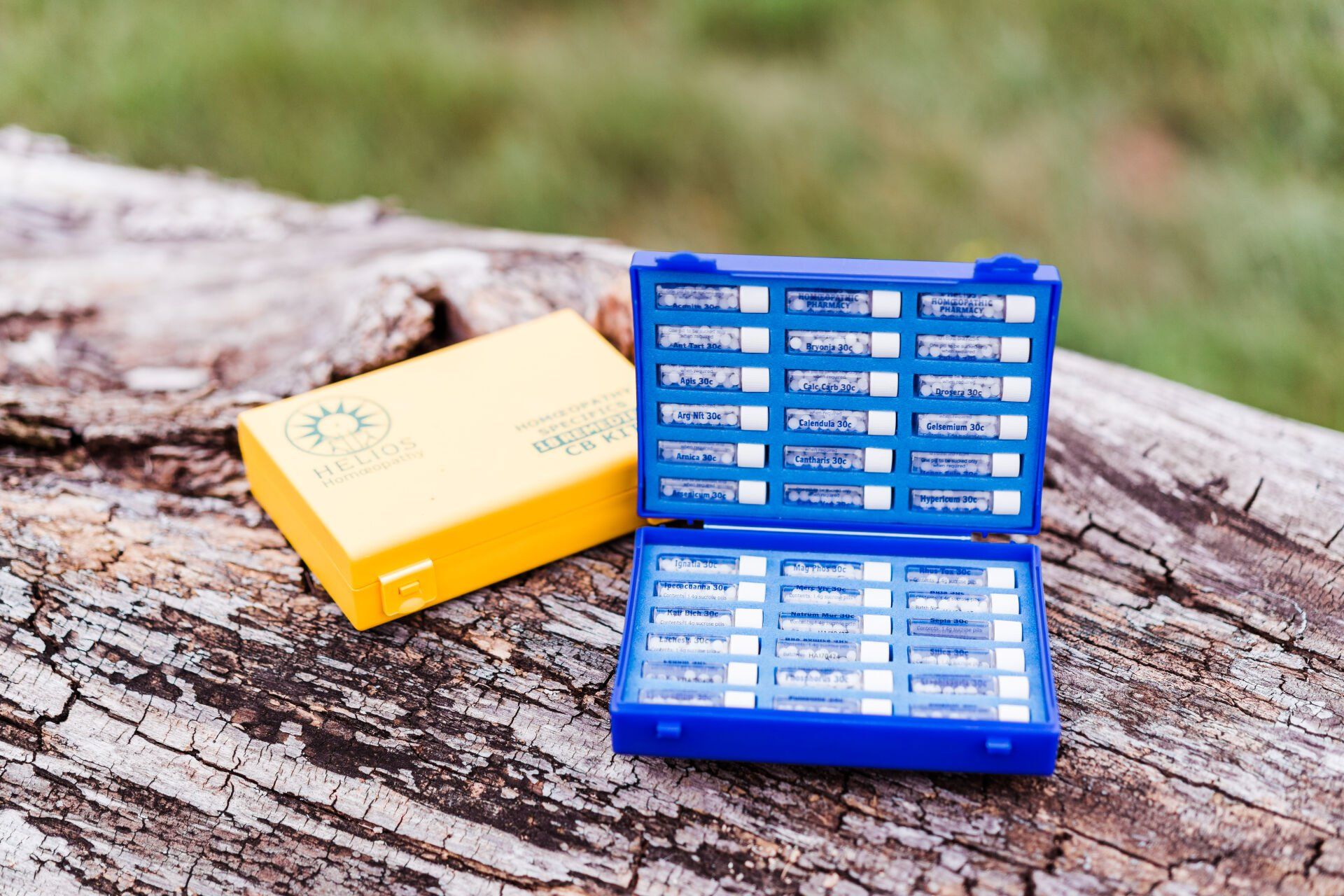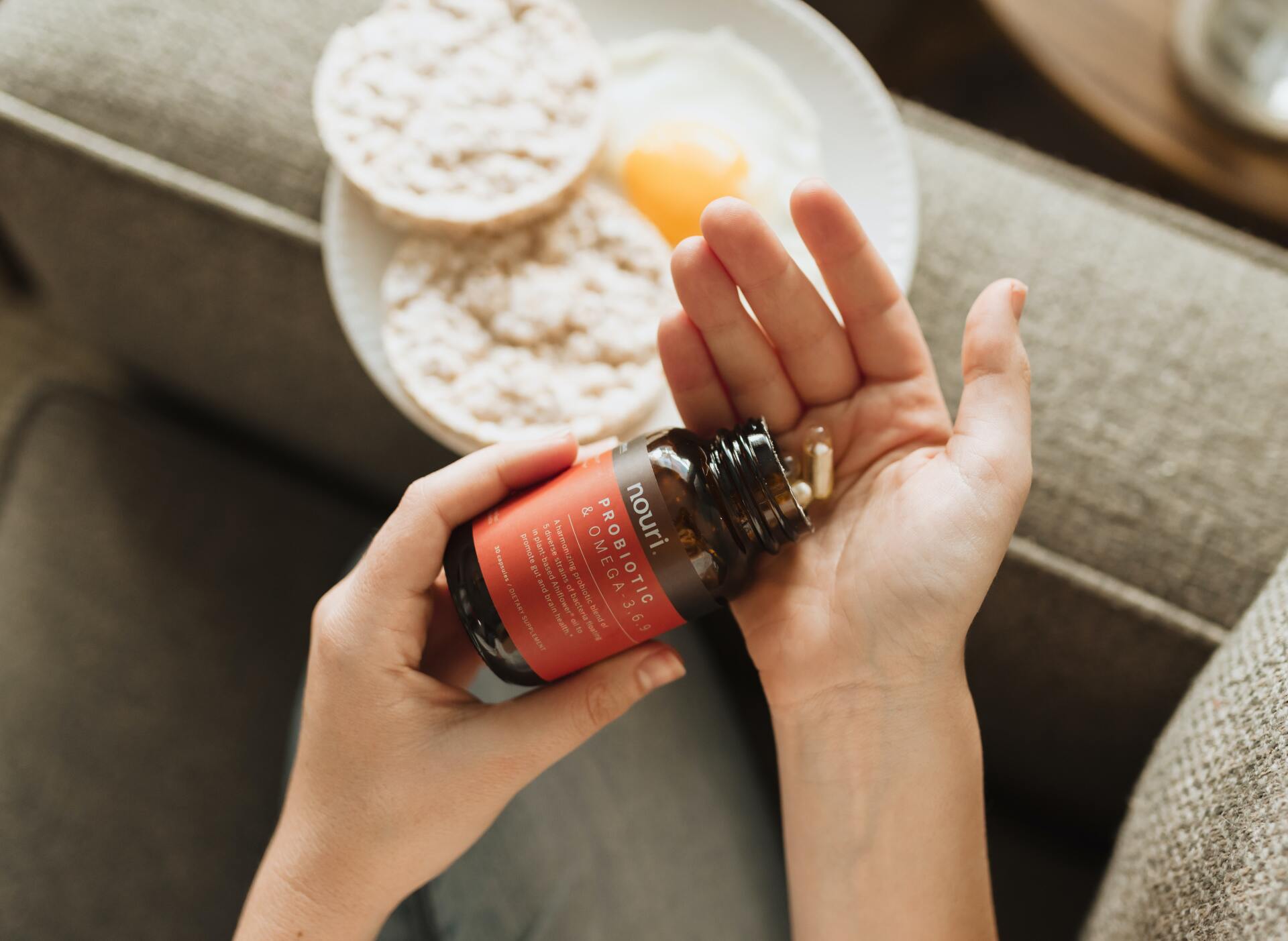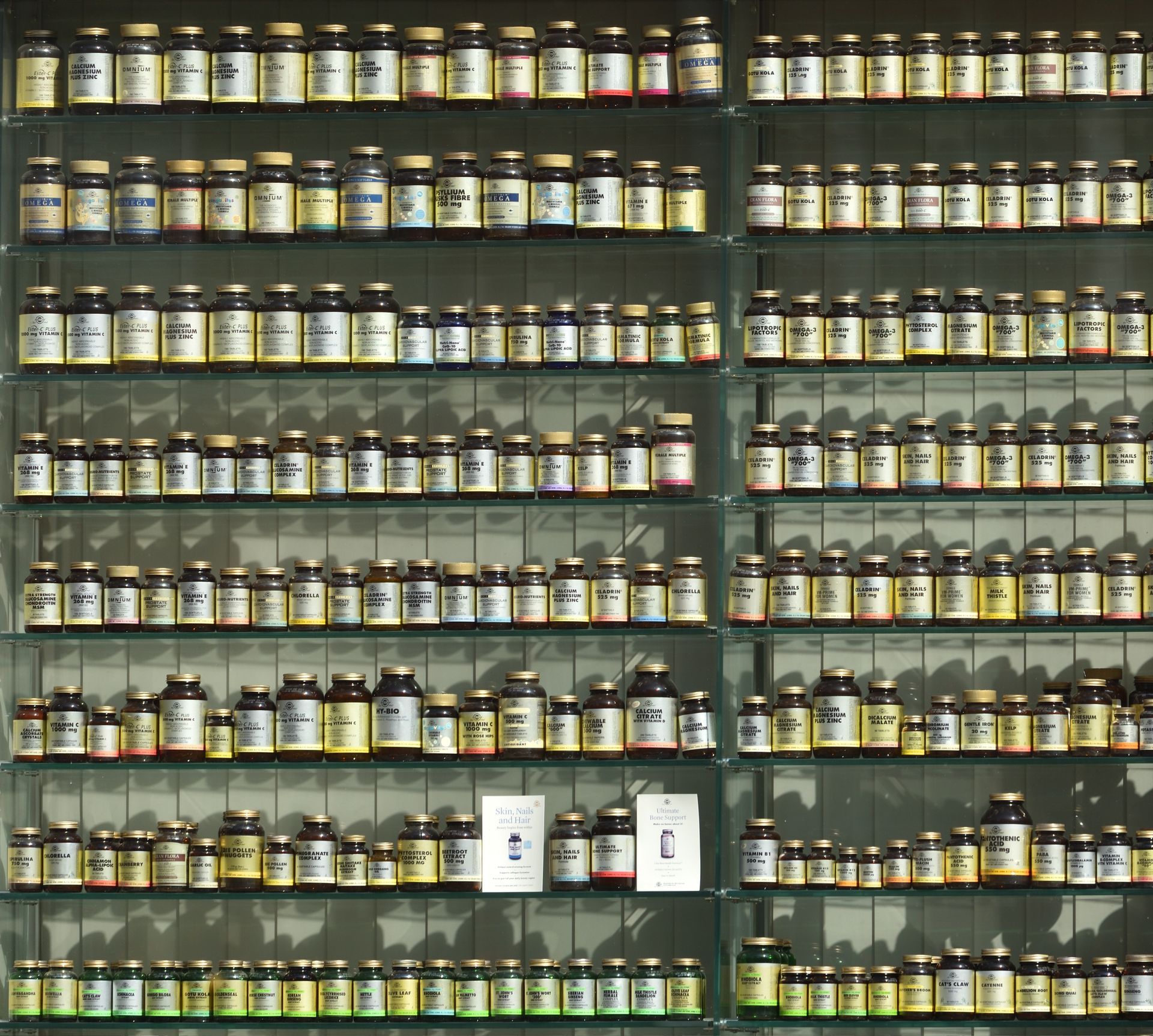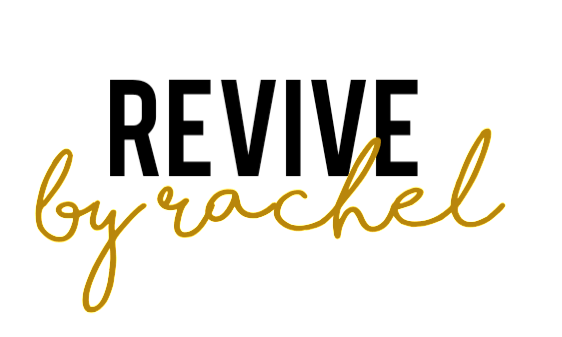Random Control Trials and Homeopathy: Are They Truly Compatible?
A common question I am frequently asked is where are all the random control trials (RCT) that prove homeopathy’s efficacy? This question is a hard one, not because it can’t be answered, but because there are a lot more variables to consider when answering this question.
The definition of RCT in medicine is “A study in which the participants are assigned by chance to separate groups that compare different treatments; neither the researchers nor the participants can choose which group. Using chance to assign people to groups means that the groups will be similar and that the treatments they receive can be compared objectively. At the time of the trial, it is not known which treatment is best. It is the patient’s choice to be in a randomized trial.”[1]
The premise of a RCT (in which a drug/medication of some sort is involved) is such that by having people randomly assigned to groups and treated there is the ability to determine which treatment is better without any sort of bias. The assumption in these studies is that the medicines being used/tested are effective for the condition being treated and that the people who suffer from the specific health condition being treated all have similar biology and physiology. Similar biology and physiology (aka a ‘normal’ human) is important because pharmaceuticals work on specific biological and physiological pathways and having ‘normal’ humans means that that medicine will work on the normal mechanisms.
Again, the assumption here is that most people have normal biological and physiological mechanisms (which most people do) and that people being treated don’t suffer from multiple disease processes which can inhibit the ability of that medicine to do what it is supposed to do. Unfortunately RCTs can be limited when moving them into the public sphere where lifestyle, diet and other factors are not being controlled as they were in the study. So, individual factors suddenly take on a greater role when moved into the ‘public’ domain.
Science, RCTs, evidenced-based treatment are the gold standard in our medical world here in North America and I am so thankful for that! However, I believe that the time has come to start considering how we evaluate the efficacy of medicines/treatments.
So, as I come back to the original question – “Where are all the random control trials (RCT) that prove homeopathy’s efficacy?” – please don’t forget that there are limitations to RCTs and there are other ways of evaluating effectiveness of treatments and medicines.
My response to this question is: RCTs are random. Homeopathy is not random. At a very fundamental level homeopathy is an individualized medicine which means you cannot give any one (random) medicine to any (random) individual. It’s not a one pill for all approach. You can not gather 400 humans suffering from arthritis and give half of them the same homeopathic remedy and expect the results to be as good as you would get in a RCT with a pharmaceutical drug for arthritis. I mean, sure, the possibility is there that it just might work as effectively, but when you understand that homeopathic medicines are given on an individual basis based on the specific symptoms of each patient you will start to see why a RCT is not the gold-standard for measuring homeopathic efficacy nor does it give you a reason to dismiss homeopathic use at all.
Let me explain, when an individual A suffers from an illness such as arthritis, he/she may have completely different symptoms than their friend B. A’s symptoms might include bilateral joint swelling, redness, stiffness and pain that is better with hot applications (warm packs, baths) and movement and worse when it is cold out. B’s symptoms might include unilateral (one-sided) joint pain (only of small joints) that travels around the body showing up in one joint one day and then another joint another day. The pain might be worse on humid days and better with cold applications.
In homeopathy these two individuals both have arthritis. However, they need VERY different homeopathic remedies. And if you throw in a third individual with arthritis whose joints are crooked painful, stiff and worse with movement and at night, you have individual in need of an entirely different remedy! As you can imagine a homeopathic RCT would not be very effective in any of these cases because they would all need different remedies! So, a RCT would in no way capture the efficacy of homeopathy because it is looking at only one specific medicinal treatment.
To really do justice to homeopathy you need to evaluate the effectiveness of 200 individuals treated with an individualized medicine and compare that with a control group (group who has not been given any medicines). This is why systematic reviews of the literature are more effective when evaluating the efficacy of homeopathy. Furthermore, increased funding to evaluate homeopathic effectiveness is essential if one really wants to seriously investigate this system of medicine.
The other thing I would like to mention is that the pharmaceutical industry sponsers/supports RCTs. Although this is amazing because an industry should be showing why their product is safe and effective it also means that there is a lot of money available to do RCTs on medication. The increased funding into pharmaceutical drug testing means that there is more information available on medications and there is more bias to use the drugs that have been “shown” more effective.
I will end with this. The Faculty of Homeopathy (UK) put together a document on RCTs and homeopathy, evaluating findings from studies from the 1950’s to 2014. In this time period “there were 104 eligible RCT papers published in homeopathy. Only 32 RCTs (31%) of the 104 papers have studied individualised homeopathy; each of the other 72 papers (69%) has studied non-individualised homeopathy (i.e. selected a single homeopathic medicine for investigation). Of the 104 papers in total, 43 (41%) reported positive findings; 5 (5%) were negative; 56 (54%) were non-conclusive.” [2]
“The above figures are strikingly similar to data obtained from an analysis of 1016 systematic reviews of RCTs…in conventional medicine: 44% of the reviews concluded that the interventions studied were likely to be beneficial (positive); 7% concluded that the interventions were likely to be harmful (negative); and 49% reported that the evidence did not support either benefit or harm (non-conclusive).” [3]
Even with the limited number of RCTS done with homeopathic medicines you can see that the results are very similar! Imagine if more homeopathic studies could be done that actually allow homeopathic individualized treatment to be evaluated!
My hope in having you read this blog post is to get you thinking about how you view healthcare treatment. Do you look at efficacy? Do you evaluate efficacy based on models that cater to specific types of modalities of treatment?
I believe its time we start to think outside the box. Homeopathy is not going anywhere. It’s here to stay…and I am glad…because it is effective. I see its efficacy in my practice and I have had personal experience with it. I am interested in people getting better, in treating diseases in more natural and effective ways that empower people to become active owners of their own health and wellness rather than passive recipients of a system that leaves people managing or coping. One size does not fit all – that we can all agree on to some degree – so why can’t we apply this to health and treatment?
Be well!
[3] https://www.britishhomeopathic.org/evidence/the-evidence-for-homeopathy/
Share










